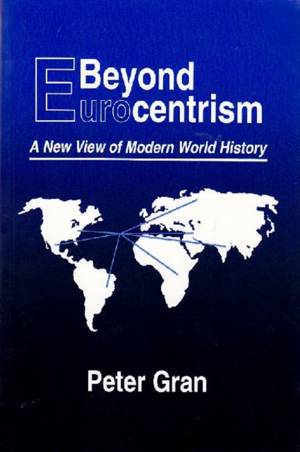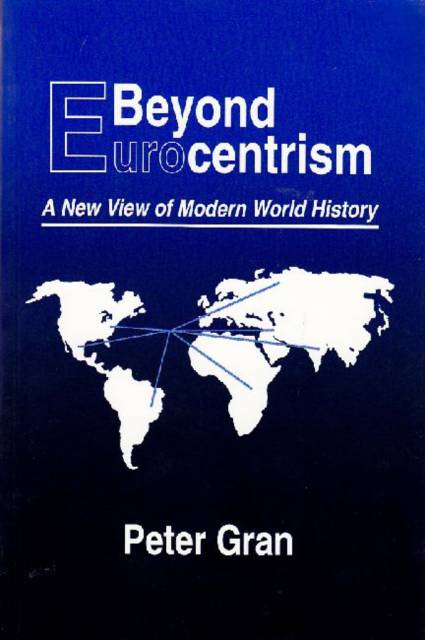
- Retrait gratuit dans votre magasin Club
- 7.000.000 titres dans notre catalogue
- Payer en toute sécurité
- Toujours un magasin près de chez vous
- Retrait gratuit dans votre magasin Club
- 7.000.0000 titres dans notre catalogue
- Payer en toute sécurité
- Toujours un magasin près de chez vous
45,95 €
+ 91 points
Description
Eurocentrism influences virtually all established historical writing. With the rise of Prussia and, by extension, Europe, eurocentrism became the dominant paradigm for world history.
Employing the approaches of Gramsci and Foucault, Peter Gran proposes a reconceptualization of world history. He challenges the traditional convention of relying on totalitarian or democratic functions of a particular state to explain and understand relationships of authority and resistance in a number of national contexts. Gran maintains that there is no single developmental model but diverse forms of hegemony that emerged out of the political crisis following the penetration of capitalism into each nation. In making comparisons between seemingly disparate and distinctive nations and by questioning established canons of comparative inquiry, Gran encourages people to recognize the similarities between the West and non-West nations.Spécifications
Parties prenantes
- Auteur(s) :
- Editeur:
Contenu
- Nombre de pages :
- 454
- Langue:
- Anglais
Caractéristiques
- EAN:
- 9780815626930
- Date de parution :
- 01-06-96
- Format:
- Livre broché
- Format numérique:
- Trade paperback (VS)
- Dimensions :
- 155 mm x 231 mm
- Poids :
- 566 g

Les avis
Nous publions uniquement les avis qui respectent les conditions requises. Consultez nos conditions pour les avis.






